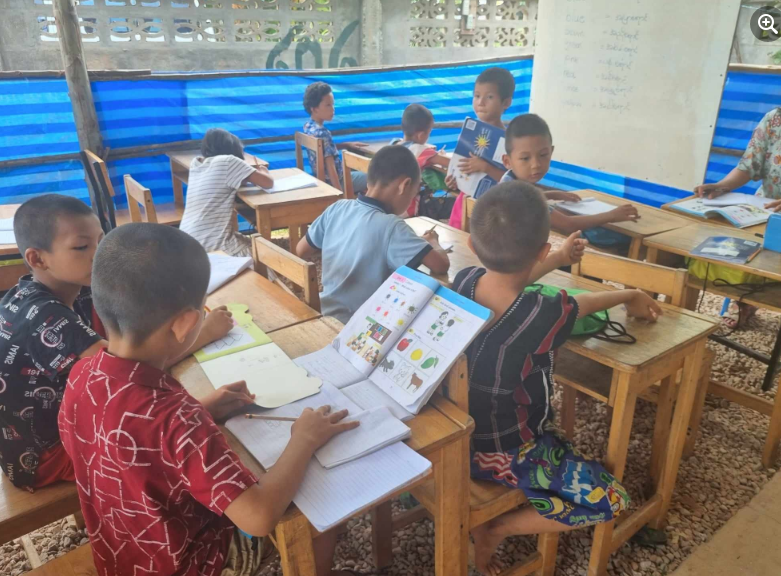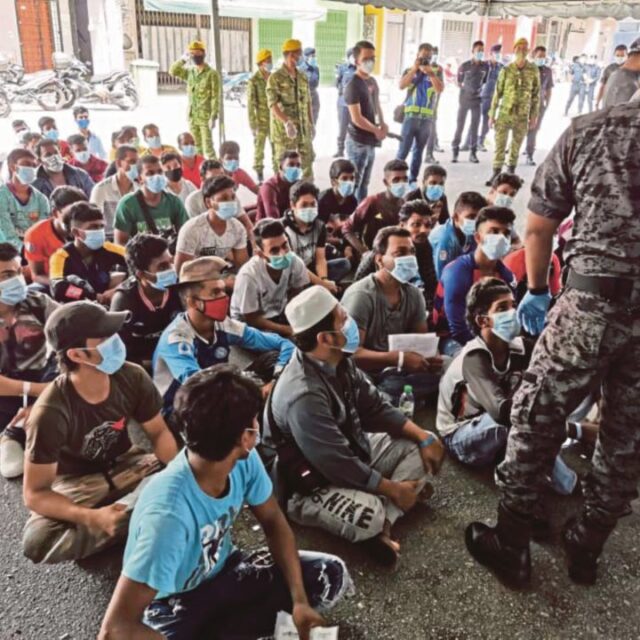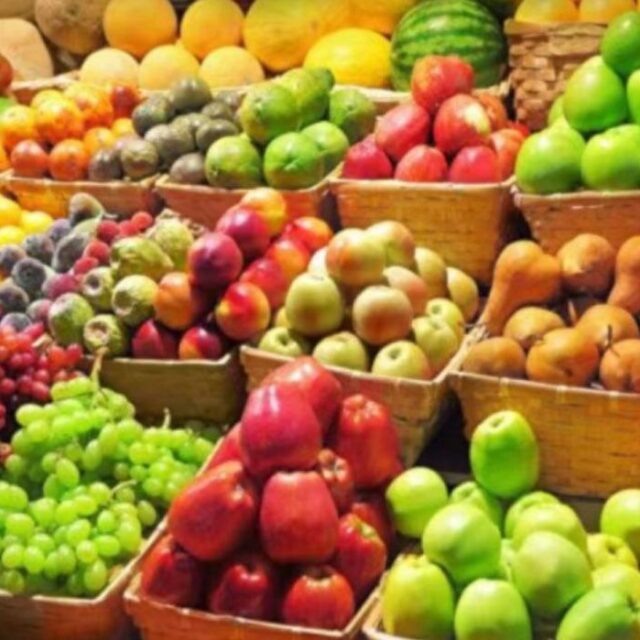Diarrhoea is a significant health concern that can affect people of all ages, but it poses a particularly dangerous threat to children. According to the World Health Organization (WHO), diarrhoea can lead to severe complications and even death in young children. The symptoms of diarrhoea include belly cramps or pain, bloating, nausea, vomiting, fever, blood in the stool, mucus in the stool, and an urgent need to have a bowel movement.
The outbreak of diarrhoea is often linked to the consumption of unhealthy foods and fruits that are prevalent during the rainy season. Over-ripened fruits can also be a source of diarrhoea. Children under one year of age are particularly vulnerable, with severe diarrhoea often caused by rotavirus, which accounts for 35-60% of cases.
Health officials report that a rotavirus infection typically begins within two days of exposure to the virus. Initial symptoms include fever and vomiting, followed by three to seven days of watery diarrhoea, which can also cause abdominal pain. In healthy adults, rotavirus infection may result in mild symptoms or none at all.
A statement from the WHO highlights that diarrhoea is the third leading cause of death among children under one year of age. Annually, 1.7 billion children suffer from diarrhoea worldwide, resulting in the deaths of more than 400,000 children under five years old and over 50,000 children between the ages of five and nine.
Myanmar is one of the countries in Southeast Asia significantly affected by severe diarrhoea due to rotavirus infection. The Department of Public Health under the Ministry of Health reported that from 2014 to 2019, 38-56% of children under five years old who were hospitalized suffered from severe diarrhoea. Additionally, between 2014 and 2018, about 6-12% of children experienced diarrhoea annually.
Raising public health awareness about the causes, symptoms, and prevention of diarrhoea, particularly during the monsoon season, is essential. Efforts should focus on promoting good hygiene practices, safe food consumption, and timely medical intervention to reduce the incidence and severity of diarrhoea. Public health campaigns and education can play a vital role in preventing the spread of diarrhoea and protecting the health of vulnerable populations, especially young children.
People need to wash hands before eating and after washing waste of children with the use of soap. Adults need to wash hands before and after holding something, especially foods. If so, they can easily prevent outbreak of diarrhoea disease. And, local authorities need to organize residents to fight diarrhoea disease with cleaning the environment and to avoid unhealthy foods and over-ripening fruits.
Fight diarrhoea during monsoon season
- June 30, 2024
- 13














